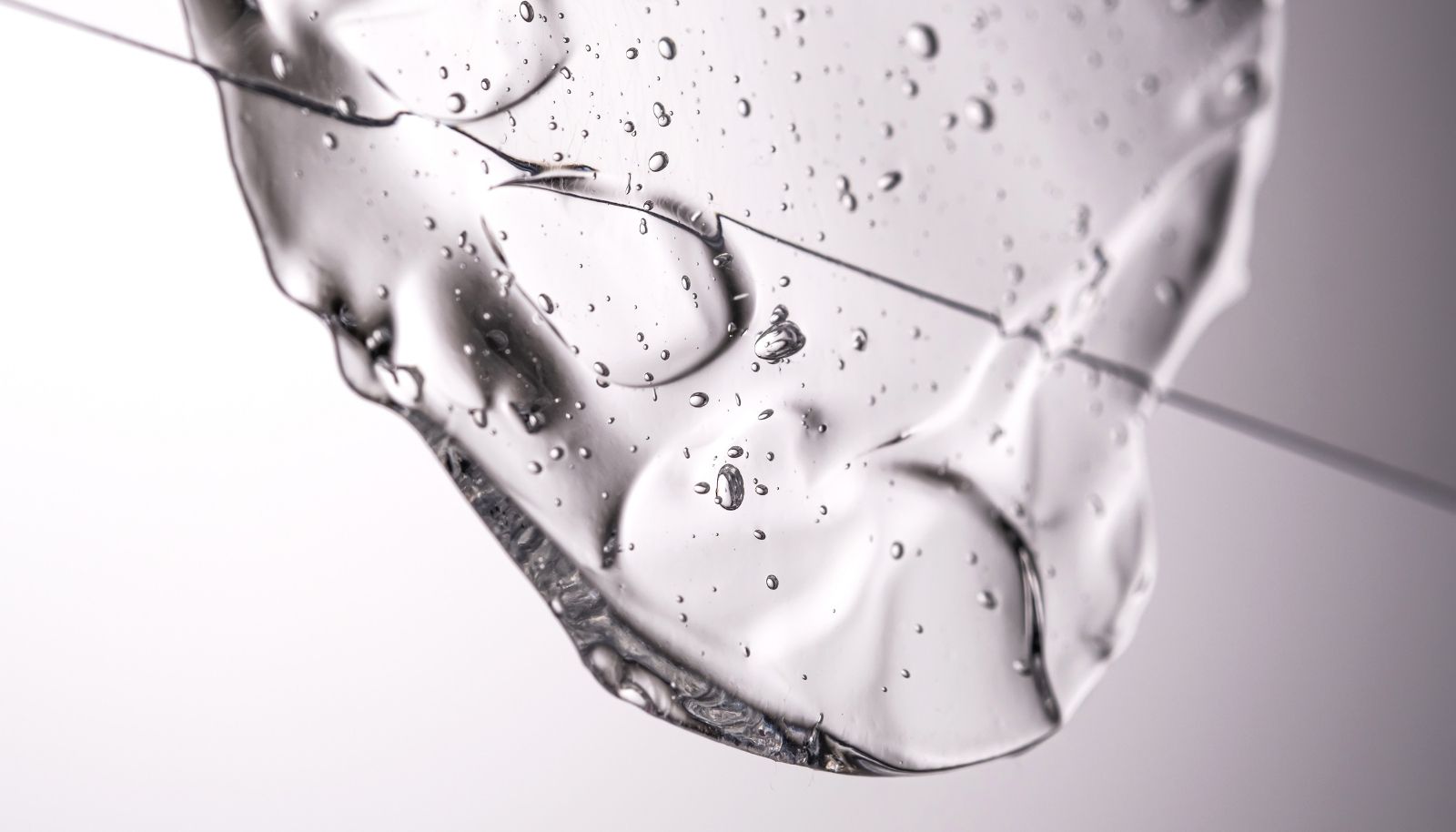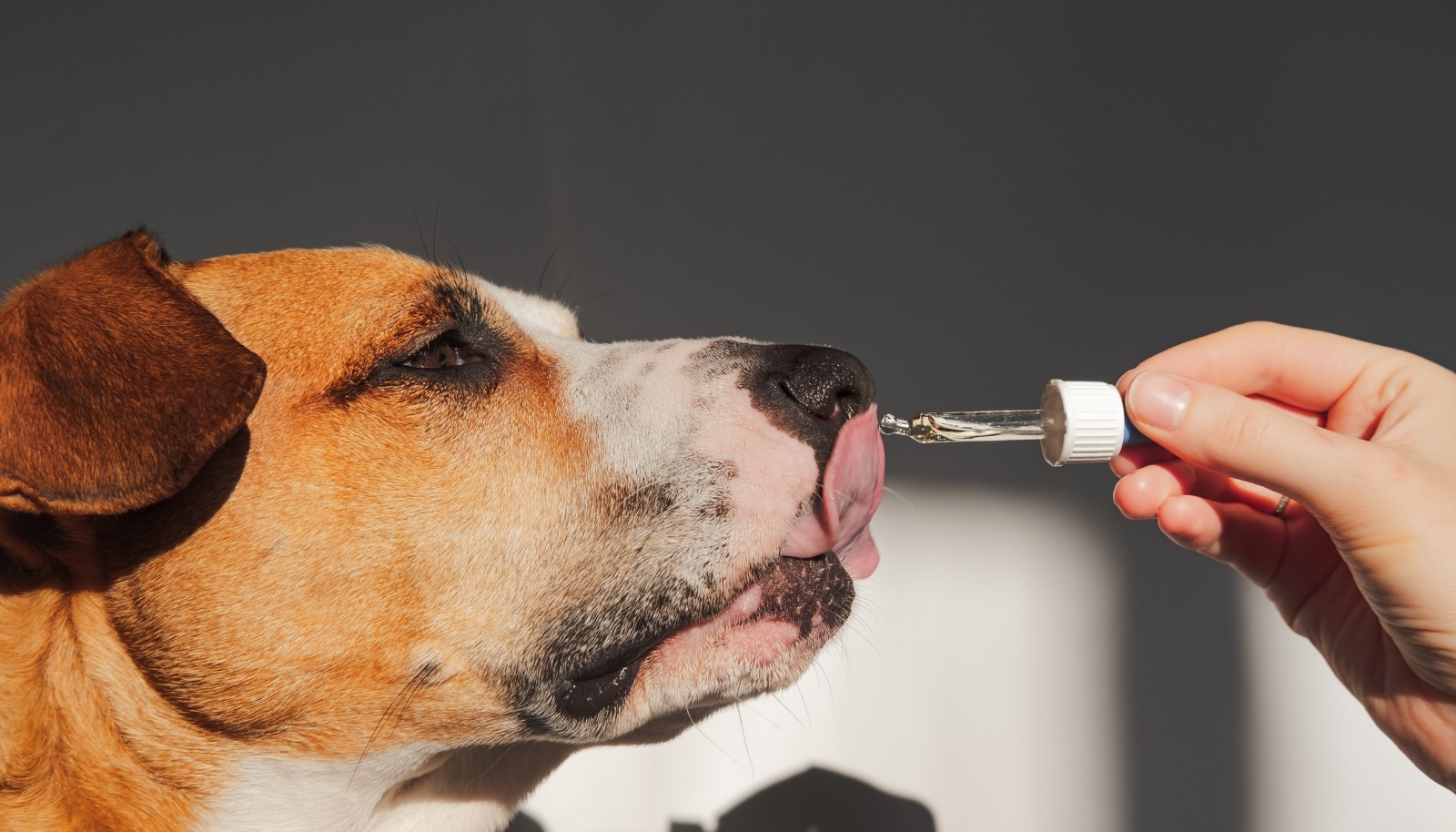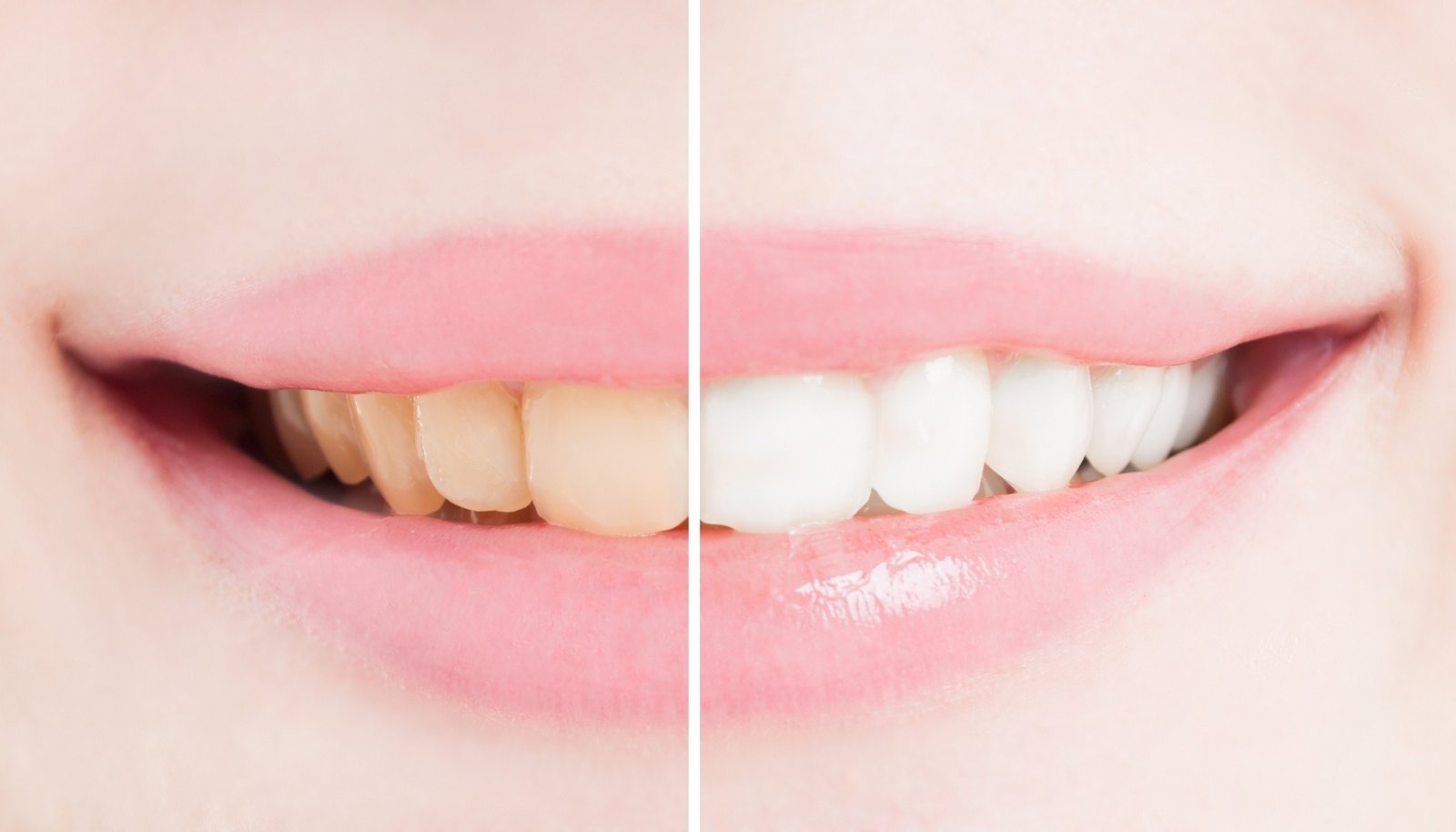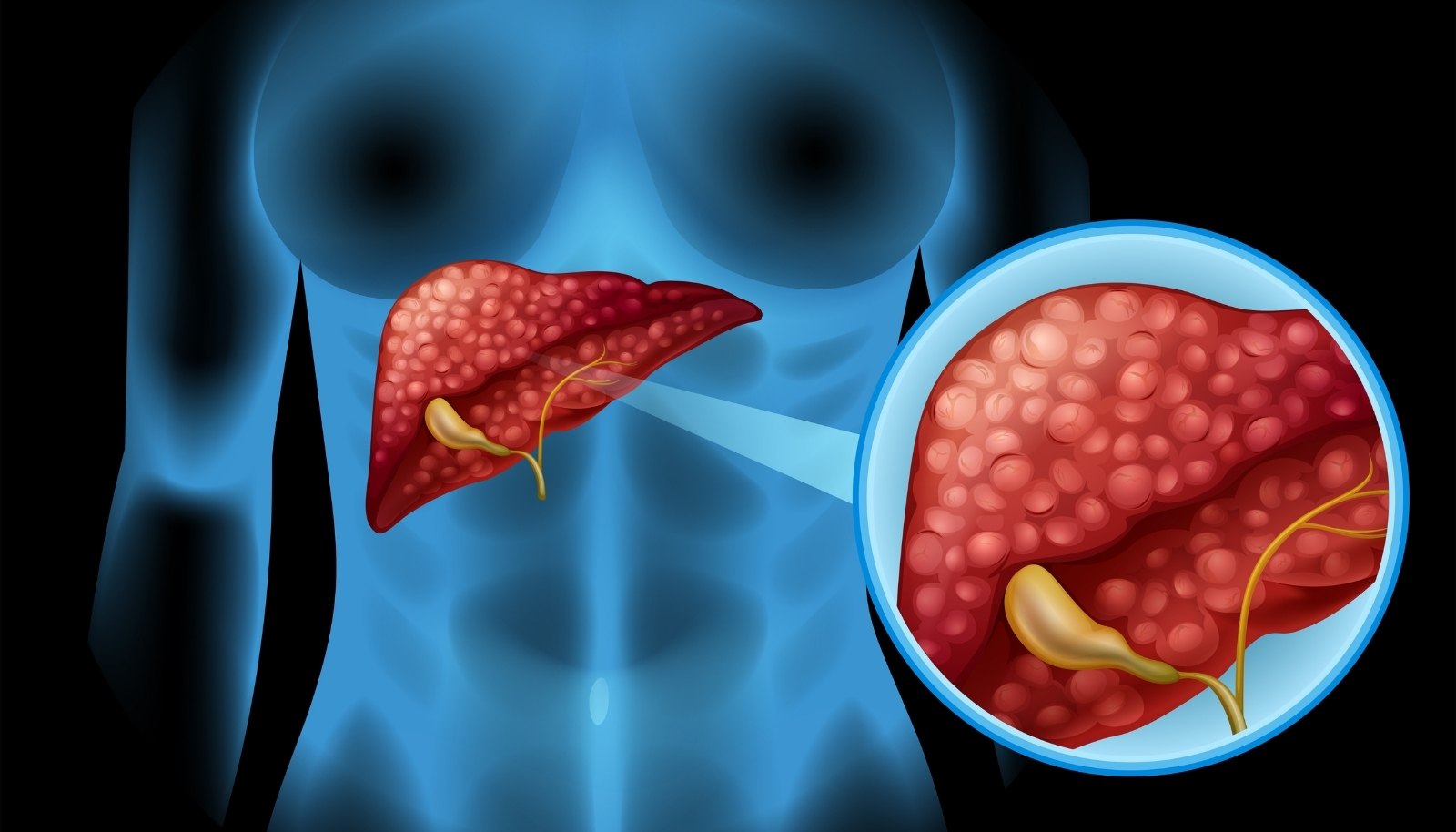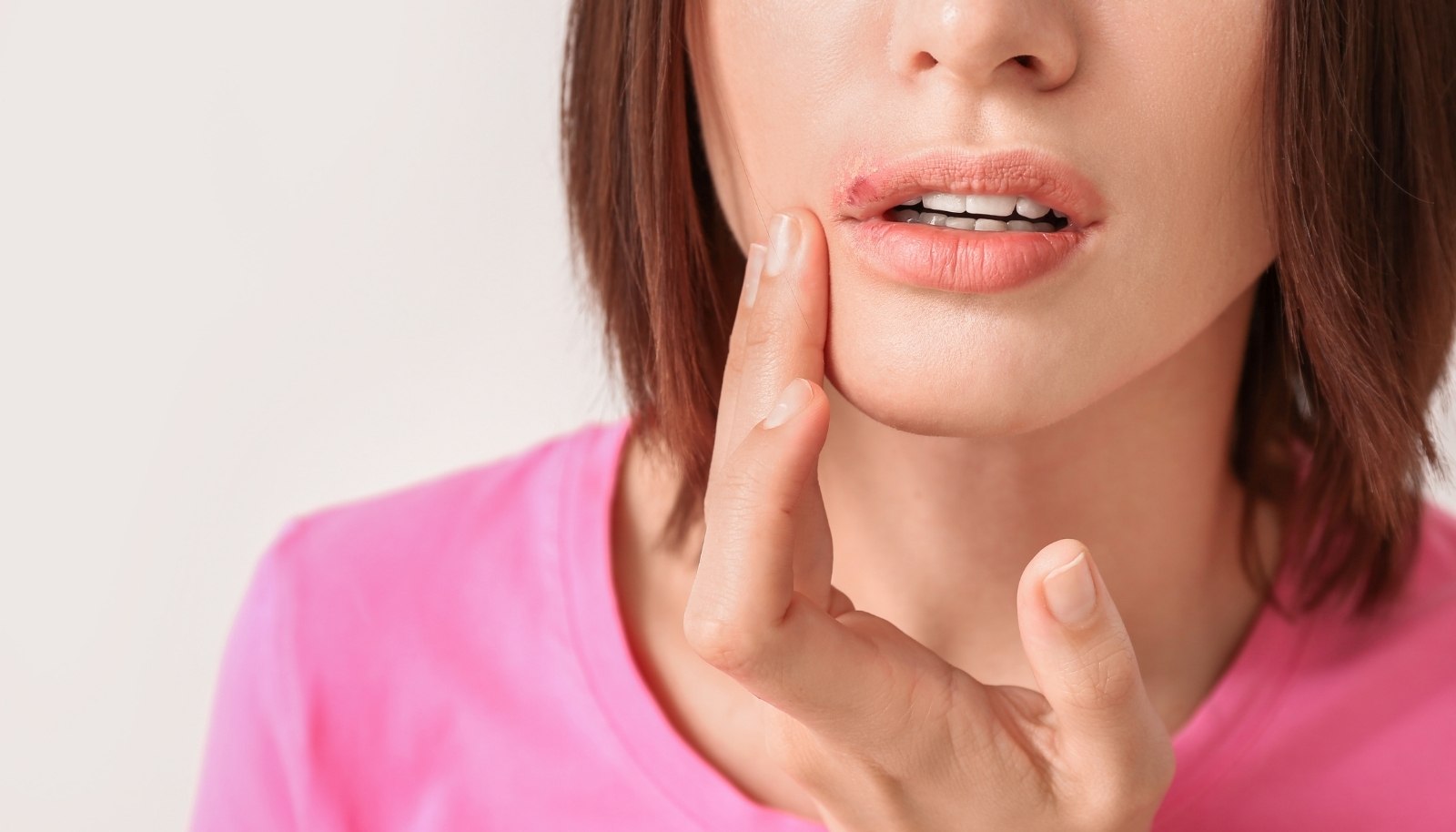
Cold sores, medically known as "Herpes labialis," are viral infections caused by Herpes simplex virus type 1 (HSV-1). Typically appearing as painful blisters around the lips and mouth, HSV-1 remains dormant in nerve ganglia after initial exposure. Reactivation may occur when the immune system weakens, during periods of stress, or due to hormonal changes. Cold sores usually heal within 7–14 days, and the virus remains contagious during this phase.
Extracted from the Mediterranean-native herb Rosmarinus officinalis, rosemary essential oil is known for its aromatic intensity and broad therapeutic potential. It contains active compounds such as cineole, borneol, camphor, and notably rosmarinic acid—a powerful antioxidant. These constituents contribute to its use in traditional medicine as an antiseptic, antiviral, and immune-supporting agent.
Research on herbal oils with antiviral and antiseptic activity has highlighted several candidates for managing herpes outbreaks. Rosemary oil, particularly due to its rosmarinic acid content, may hinder viral replication and reduce HSV-1's ability to adhere to host cells. While preliminary evidence suggests promise, there is a lack of large-scale clinical trials directly linking rosemary oil to effective cold sore treatment.
In aromatherapy practice, rosemary oil should never be applied directly to an outbreak. Instead, it must be diluted using a carrier oil—such as sweet almond or coconut oil—to avoid skin irritation. Applying diluted rosemary oil topically is a safer approach for managing symptoms.
Caution is necessary before using rosemary oil on the skin. A patch test on a small area is advised to check for allergic reactions. Pregnant individuals, nursing mothers, and young children should consult a healthcare provider prior to using essential oils. These oils are strictly for external use and must never be ingested.
To enhance its potential effects, rosemary oil can be blended with other essential oils known for antiviral activity. Suitable options include tea tree oil (Melaleuca alternifolia), peppermint oil (Mentha piperita), and lavender oil (Lavandula angustifolia).
Rosemary oil presents a natural, potentially supportive method in managing cold sores due to its antiviral characteristics. However, given the limited direct clinical data, it should not replace conventional medical treatment. Instead, it may serve as a supplementary option in consultation with healthcare professionals. Standard antiviral medications remain the primary approach, while herbal alternatives may offer additional support.
